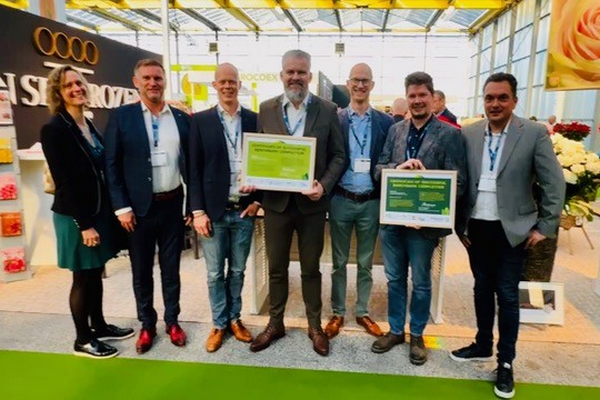

The Floriculture Sustainability Initiative (FSI) has announced the inclusion of two key tools in its FSI-Basket of FloriPEFCR instruments: the HortiFootprint Calculator from MPS | LetsGrow.com and the FloriFootprint Tool developed by Greenhouse Sustainability. These tools, which have successfully passed rigorous independent benchmarking, are now available for use within the floriculture sector. Their approval marks a pivotal advancement in the implementation of the Floriculture Product Environmental Footprint Category Rules (FloriPEFCR), enabling the sector to access reliable, comparable environmental impact data at the product level.
FSI emphasizes that this milestone ensures uniformity and dependability in environmental assessments. The tools have been meticulously evaluated to meet stringent requirements, adhering strictly to the FloriPEFCR methodology and relying on verified and validated data. “This standardized approach allows companies to calculate the environmental impact of their products in a consistent and credible manner,” FSI explains. Another crucial aspect of this benchmarking is the adoption of standard reporting protocols, simplifying the transparent and efficient exchange of environmental footprint data. This innovation not only saves time and reduces costs but also fosters collaboration across the sector.
The European Commission’s prior approval of FloriPEFCR earlier this year has paved the way for uniform environmental impact assessments of cut flowers and potted plants. With the first two approved footprint tools, the floriculture sector now has the means to reduce its environmental footprint based on robust, data-driven insights. “This scientifically substantiated calculation method enhances our sustainability efforts,” says Jeroen Oudheusden, Executive Officer of FSI. “Reliable data allows us to make impactful reductions and demonstrate meaningful progress towards sustainability.”
FSI is also actively encouraging other developers to participate in the benchmarking initiative. The organization believes that by pooling expertise and ensuring methods are complementary, the sector can achieve greater transparency and address critical environmental hotspots. This shared commitment to best practices presents valuable opportunities to advance sustainability across the entire industry.
For additional information, visit FSI’s website.
